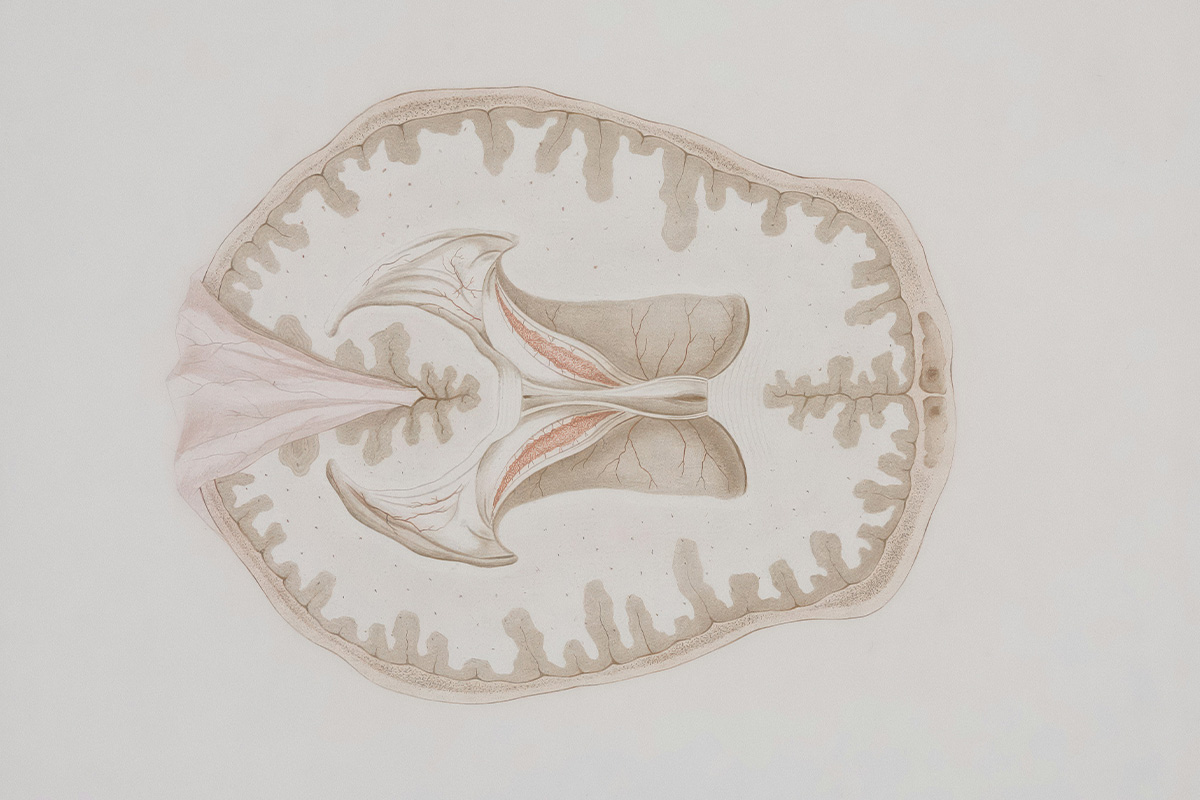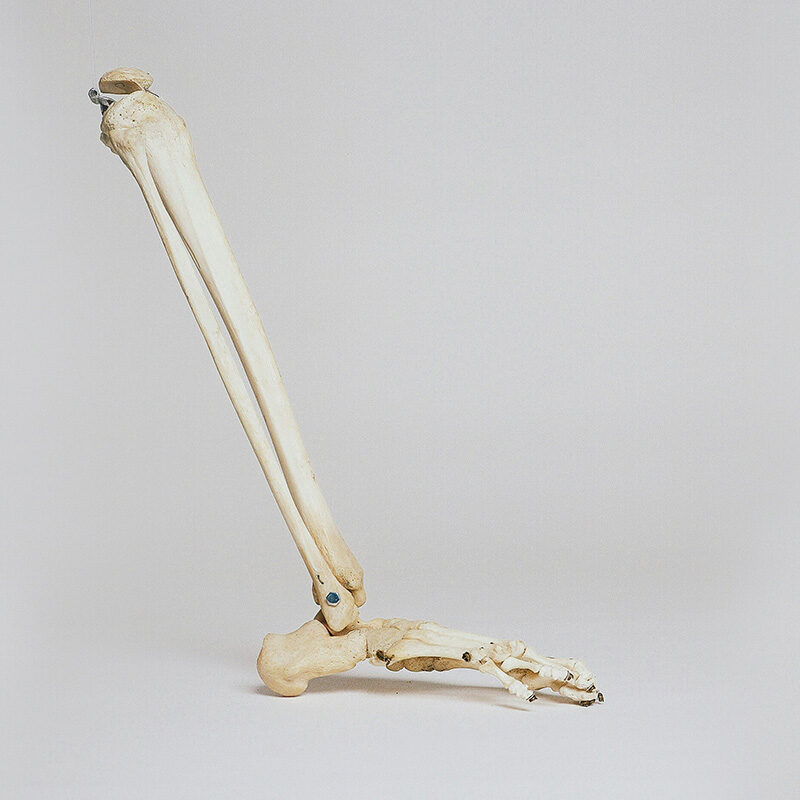Our brains undergo continuous transformation from the moment we’re born, adapting, learning, and forging memories. Unlike any other part of our bodies, the brain is constantly changing, and it’s important to recognize how these changes affect us as we age.
Xinalani's All Inclusive Packages
For a long time, scientists believed that brain development peaked in early adulthood and then gradually declined. However, research now reveals that while some areas may weaken, others can strengthen, showing that our brains remain malleable throughout our lives. For instance, the brain typically shrinks at a rate of about 5% every decade after we turn 40, particularly affecting regions linked to learning and complex mental tasks. Additionally, as we age, the myelin sheath protecting nerve fibers deteriorates, leading to slower communication between neurons. Increased inflammation may also reduce blood flow to the brain, impacting cognitive function.
Beautiful Eco Chic Rooms and Beach Casitas

Memory loss is one of the most common cognitive changes associated with aging, with challenges in recalling names or misplacing items starting as early as our 20s. Learning new information can take longer, and multitasking may become more difficult. While these changes can be concerning, experts affirm that they are a normal part of life that everyone experiences.
On the bright side, the brain’s capacity to change and adapt, known as neuroplasticity, enables us to tackle new challenges and respond positively to life’s experiences. Engaging in activities that stimulate the mind—such as daily learning, puzzles, or games—can promote the formation of new neural connections, enhancing our mental agility. Moreover, neurogenesis, the process by which new brain cells are created, continues throughout our lives, further supporting our cognitive resilience.
Understanding how our brains change with age helps us appreciate what’s happening at different stages of life. Here’s an overview of how brain function evolves over time, along with tips to enhance cognitive health.

Infancy and Childhood
Brain development kicks off as early as the third week of gestation, accelerating in the early years. During this time, infants form over a million new neural connections every second, with the brain reaching around 90% of its adult size by age six. Children are born with essential reflexes and most of the 100 billion neurons they’ll have for life. Environmental interactions refine these connections, allowing for the development of skills like hearing and vision. By early childhood, approximately 85% of brain development is complete, shaping intellect, personality, and social skills.
Young Adulthood
As teens transition into adulthood, their brains reach full weight, roughly three pounds. The increased activity in the frontal lobes allows for advanced reasoning and the ability to handle multiple concepts simultaneously.

Late 20s to 30s
In their 20s, individuals see the completion of brain development in areas responsible for planning, working memory, and impulse control, though some may not fully mature until the mid-30s. This is when cognitive performance peaks, but research indicates that reasoning, spatial skills, and speed of thought begin to decline around this age. Memory also starts to slip in the mid-30s, making it harder to learn new things or recall names.
40s and 50s
During the mid-40s to late 50s, reasoning skills and memory clarity decline further. Factors like obesity can accelerate cognitive aging, while a decline in sugar and diet soda consumption has been linked to improved brain health. On a positive note, emotional regulation and moral reasoning often improve during this time.

60s and Beyond
With a lifetime of knowledge, the brain may become less efficient in accessing this information. Age is the greatest risk factor for Alzheimer’s disease, especially for those over 65. While genetics and lifestyle contribute to dementia, studies indicate that older adults often possess broader vocabularies and deeper understanding of language nuances, along with the wisdom gained from years of experience.
Proven Strategies for Brain Health
While some cognitive decline is inevitable, adopting a healthy lifestyle can significantly slow, or even reverse, these effects. Engaging in specific habits can enhance brain function and longevity:
Stay Active
Regular physical activity is one of the most effective ways to improve neuroplasticity. Just walking for an hour a day can boost brain matter in areas crucial for learning and memory. Aerobic exercises also increase brain-derived neurotrophic factor (BDNF), a protein that fosters new synapse growth and strengthens neural connections.

Engage Your Mind
Keeping your mind active through enjoyable and stimulating activities—such as reading, writing, or solving puzzles—can bolster brain health and may even reverse cognitive decline. Mindfulness practices and creative pursuits, like music, also stimulate neuroplasticity.
Cultivate Relationships
Social interaction strengthens neural connections and promotes cognitive flexibility. Engaging with diverse perspectives can further enrich your mental agility.
Choose Nutritious Foods
Following a diet like the MIND diet, which emphasizes plant-based foods, can improve cognitive function and lower the risk of impairment. Foods rich in antioxidants, vitamins, and omega-3 fatty acids support brain health by combating inflammation and preserving gray matter.

Limit Alcohol Consumption
Moderate drinking may benefit the brain and reduce dementia risk. However, excessive alcohol intake can lead to adverse effects on cognitive function and cardiovascular health.
Avoid Smoking
Smoking can diminish the brain's oxygen supply and accelerate the aging process. Protecting your brain from smoke-related damage is essential for maintaining cognitive health.
Protect Your Head
Serious head injuries may increase the risk of Alzheimer’s. Safeguard your brain by using seat belts, wearing helmets, and making your home fall-proof.
While it’s natural for cognitive abilities to decline with age, implementing life-affirming changes can promote both mental and physical well-being. Ultimately, the lifestyle choices that benefit your brain also contribute to a healthier heart, paving the way for a vibrant, fulfilling life at every age.
About the Author

























